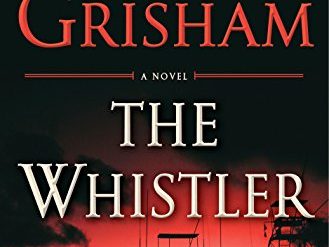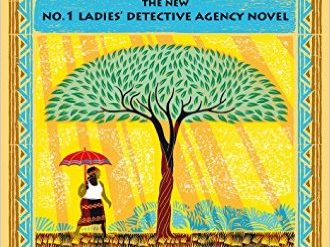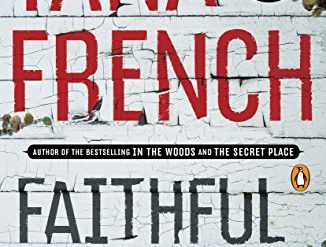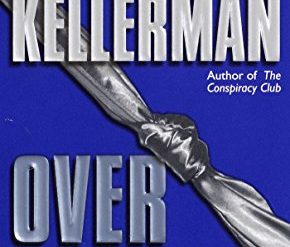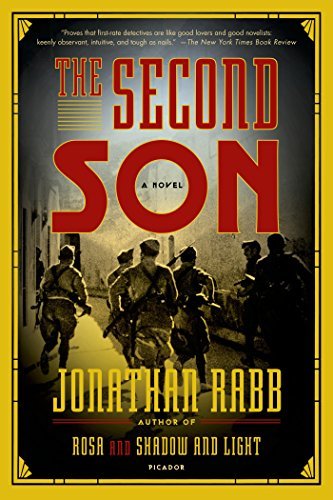
Late in July 1936, the Western world looked to Berlin, where the 1936 Summer Olympics was underway. The might and pageantry of Nazi Germany was on display. But 900 miles away by train in Barcelona a different spectacle was unfolding. As the opening shots were fired in the Spanish Civil War, Communists and anarchists were gathering to celebrate the People’s Olympiad in protest against the official event. But it never opened. The cabal of reactionary generals leading the revolt against Spain’s Republican government moved too fast. In The Second Son, novelist Jonathan Rabb conjures up all the bravado and uncertainty of the forces of the Left in Barcelona in those early days of the war. It’s a Spanish Civil War story that unfolds long before the tragic events that cement the war in memory.
A German detective searches for his son
Young Georg Hoffner is a German cinematographer on the scene in Barcelona to capture newsreel footage for a British firm. Because his grandmother was Jewish, he had been fired from UFA, the leading German film studio. Back in Berlin, his father, Nikolai Hoffner, a Chief Inspector of the Kripo, or Kriminalpolizei, is finally being forced into retirement. In Nazi ideology, Nikolai is half-Jewish and unemployable in such a sensitive post. And all this despite the fact that Georg’s big brother, Alexander (“Sascha”), is a rising star in the SS. The Second Son is the story of these three men as their paths intersect against the backdrop of the Spanish Civil War.
The Second Son (Inspector Nikolai Hoffner #3) by Jonathan Rabb (2011) 308 pages ★★★☆☆
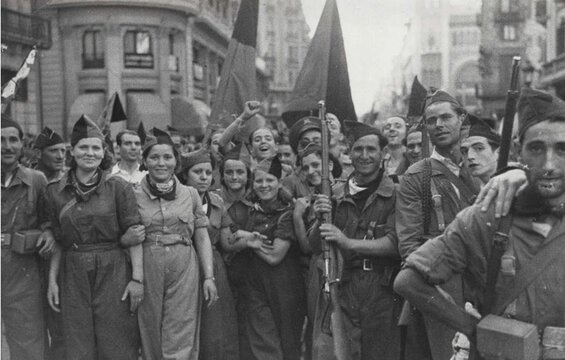
A perilous journey across war-torn Spain
When word reaches him in Berlin that Georg has gone missing, sixty-two-year-old Nikolai sets out for Spain. Through his contacts in the criminal underground, he secures passage by air on a smuggler’s plane. Nikolai arrives in Barcelona in the early days of the fighting. The anarchist forces controlling the city and its environs in Catalonia are triumphant in the opening days of the conflict. But fascist army units are closing in. They had already seized many strategic points to the west and south. And when Nikolai learns that Georg has left Barcelona for the west, he sets out on a perilous journey, bluffing his way from town to town. He will, in the end, become embroiled in the espionage war between Germany and England and encounter both his sons. But the circumstances will not be what either he—or the reader—expects.
Unfortunately, The Second Son doesn’t quite succeed either as a detective story or a spy thriller. In Spain, Nikolai wanders far from the criminal precincts of Berlin where he had made his reputation. His journey from town to town becomes tedious. And, even though he is (unwittingly) acting as a spy for the British, espionage comes across as merely a theme in the background. Rabb writes well, however, and the novel captures the attention for its portrayal of Spain in the very earliest days of its civil war.
The prelude to World War II
The Spanish Civil War (1936-39) is widely viewed as the testing-ground for World War II in Europe. Hitler sent in armored units as well as aircraft, pilots, and advanced weaponry to the fascist forces under General Francisco Franco. At Hitler’s bidding, Mussolini dispatched tens of thousands of combat troops. And the Soviet Union under Stalin supported the Communist forces that played a central role in the Republican cause. But large-scale foreign intervention lay in the future in the summer of 1936. Franco’s forces were trapped in Morocco, hoping for a way across the Mediterranean. And the Germans were struggling to smuggle weapons into the scattered rebel troops within the country. Nikolai Hoffner’s troubled journey across Spain in The Second Son revolves around those facts, as he travels from one point to the next on the Nazis’ clandestine arms smuggling network.
About the author

Jonathan Rabb (1964-) is the author of five historical thrillers, including three that feature Detective Inspector Nikolai Hoffner of the Berlin Kriminalpolizei. He gained degrees in political science from Yale University and political theory from Columbia University. After teaching at Columbia, NYU, and the 92nd Street Y, he joined the faculty of the Savannah College of Art and Design, where he now teaches writing.
For more reading
For perspective on the Spanish Civil War, see:
- Spain in Our Hearts: Americans in the Spanish Civil War, 1936-1939 by Adam Hochschild (The American role in the Spanish Civil War)
- Hell and Good Company: The Spanish Civil War and the World It Made, by Richard Rhodes (An outsider’s take on the Spanish Civil War)
- Midnight in Europe (Night Soldiers #13) by Alan Furst (Arms merchants and spies in a thriller set during the Spanish Civil War)
You might also enjoy my posts:
- Mystery and thriller series starters can be misleading
- Top 10 mystery and thriller series
- 20 excellent standalone mysteries and thrillers
- 5 top novels about private detectives
- 30 outstanding detective series from around the world
For an abundance of great mystery stories, go to Top 20 suspenseful detective novels. And if you’re looking for exciting historical novels, check out Top 10 historical mysteries and thrillers reviewed here.
And you can always find my most popular reviews, and the most recent ones, plus a guide to this whole site, on the Home Page.

